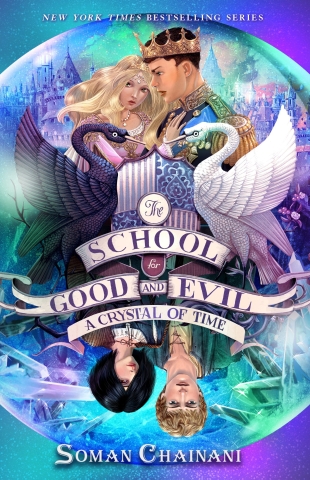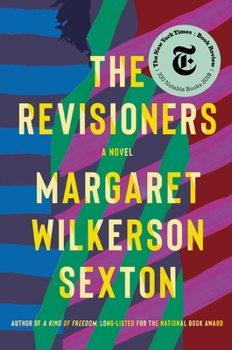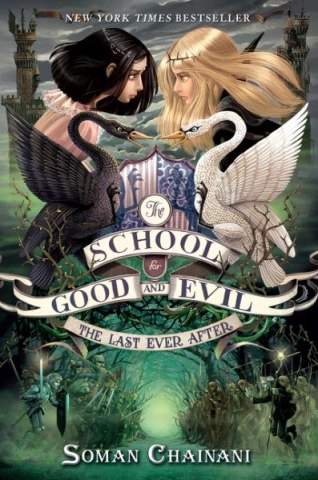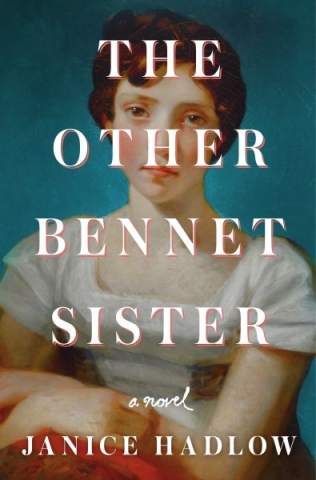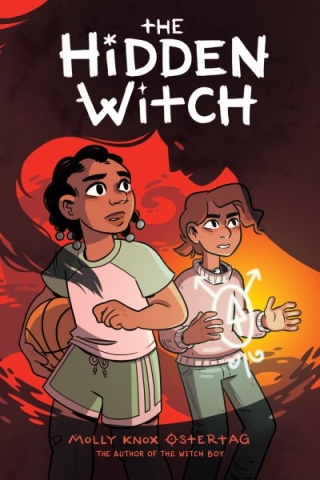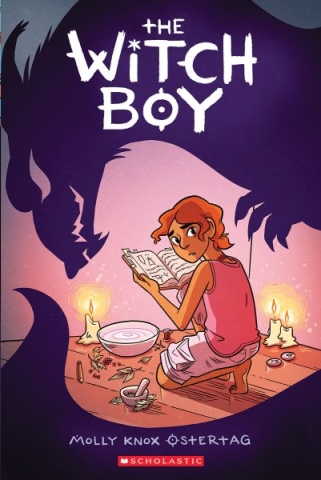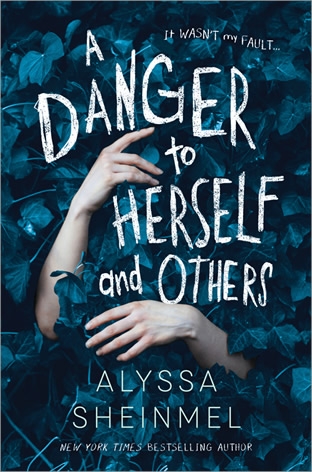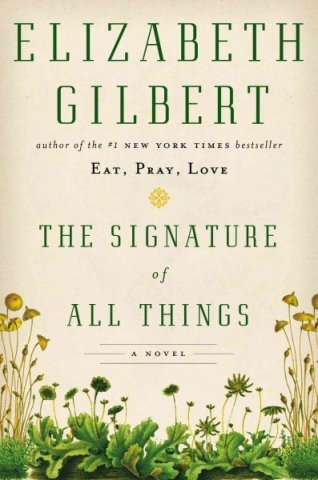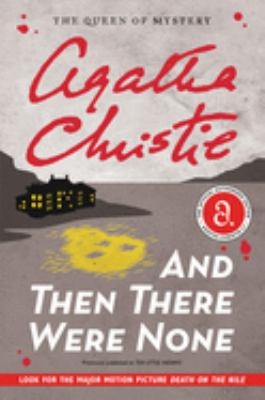I don’t know about other readers, but generally, as soon as a jacket blurb mentions something like “intergenerational saga” or “centuries-long family lore,” I roll my eyes and drop the book like the proverbial hot potato, sure it’s going to tax me with keeping track of 27 characters and five time periods. For whatever reason, this time, I kept reading past that ominous descriptor, and I’m so glad I did as Margaret Wilkerson Sexton’s moving and engrossing novel, The Revisioners, is one of the best I have read in recent years.
Chapters rotate across three time periods and center on two main characters, Josephine, who was born into slavery but who claims freedom at an early age and lives a long life in Louisiana, and Ava, her great, great-granddaughter, who lives in contemporary New Orleans with her pre-teen son and—in an unexpected twist that becomes increasingly unsettling—her wealthy, white paternal grandmother with dementia. In addition, both Josephine’s and Ava’s own mothers feature vividly in their respective chapters, deepening the layers of national and personal history that Sexton so realistically and poignantly depicts. The maternal line in this family is also characterized by certain gifts of understanding and sight, both earthly and other-earthly, which create a shadowy but certain bond that steadily solidifies among the women as the plot progresses.
Conflicts between our protagonists and somewhat minor but all too powerful white characters in all time periods make for suspenseful, unsettling scenes and, as you might expect, lead to heartbreak and trauma for both Josephine and Ava. Believe me, I cried (well, even sobbed) more than once at the outcome of certain events, but Sexton isn’t after “easy tears”; they would be pointless if not accompanied by genuine acknowledgment of and determination not to hide from our nation’s painful and shameful past, especially on the part of white readers. Even so, the novel’s conclusion (in Ava’s time/place) points towards healing and hope for this family that has endured so much.
I won’t spoil the surprise of the title’s origin and its place in this book (or in which of the three generations of Black American women it is featured), but I found this plot-dependent entity and the way it informs and almost foretells key characters’ lives one of the most poignant and satisfying conceits Sexton employs. I couldn’t recommend this book more emphatically for anyone looking for a serious and unforgettable, not to mention timely, contribution to American literature.
